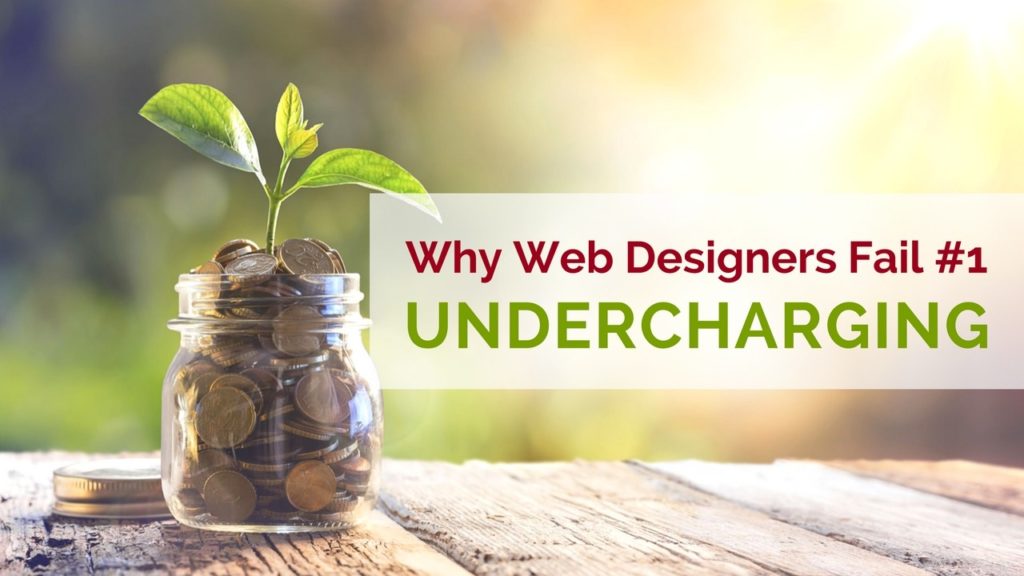Squarespace: First Impressions

Squarespace – is it the right platform for you? In this article you’ll discover my first impressions of using Squarespace – the good, the bad and the ugly.
Several years ago I transitioned into what I thought would be my permanent working future – teaching you all how to build better websites. However this new situation we find ourselves in demands us to help and for me, that means building a strong online presence for local businesses.
Having lost touch a bit with the available technology, my first challenge was to decide what platform to use. Are web builders flexible enough to provide the functionality clients need or should I just use WordPress like everyone else? After spending some time playing with various platforms, I came to the following conclusions:
1. I love using Joomla, but it’s fighting a losing battle. Having started my career working for Sony, I watched the end of the Beta vs. VHS war and the winner was the one with inferior technology, but loads of content. This is not exactly the same, but it’s easy to see some similarities between Joomla and WordPress. Perhaps it’s unhelpful to add to the many commentaries and good intentions that have already been published about Joomla, but the reality is it will at best become a specialist product or at worst die. Despite this, it will remain in my arsenal for now and I’m already creating a site in conjunction with the YouTheme Pro page builder. For those who don’t like page builders, you might like to give their latest version a look as it includes custom fields which provides a lot of design flexibility, especially for non-designers/coders like me.
2. WordPress is the VHS of web development. It’s insanely popular and boasts every possible plugin you can imagine. Just like VHS (very horrible system) it’s clunky, but it works. Combine it with Elementor and just about anyone can create a professional-looking website for a wide range of applications. In fact, my LMS platform has hiked up their price so much that I am transitioning Site Skills to a WordPress/Elementor/LearnDash combination. Watch this space.
3. I mostly work with business clients and many of them hate the headaches that come with constant updates that occasionally break their website, which is part of the open-source experience. Online website builders such as Wix, Weebly and Squarespace offer a much easier solution to both building and maintaining a site. However, would I be prepared to use one for a client site?

Squarespace: The Good, the Bad and the Ugly
I played with each of the big three platforms and quickly decided that the best by far for clients is Squarespace. It’s easy to use, difficult to break and their designs are the best. They have far fewer templates available, but that’s a good thing as too many choices can make it very difficult to get started. In fact, Squarespace’s latest version (7.1) really only has one template, along with a handful of starter sites.
THE GOOD
Fast development: Squarespace is an all-in-one platform so there’s no need for hosting setup, configuration, themes and plugins. Get started fast and drag and drop your blocks into position. This strength is a weakness too as discussed below.
Great designs: Yes, really. Clean, simple, responsive. Much of the result will come down to the quality of the images you supply, but you do have the potential to create a fantastic looking website.
No updates required: This might be seen as a negative by developers used to residual income from offering clients maintenance, but busy site owners will love the fact that this is a set-and-forget solution.
Good support: I’ve reached out to support via live chat a couple of times and apart from one incident (see The Ugly below) the responses have been fast and excellent.
Once I went beyond a cursory trial and actually spent time building a real website, I discovered that Squarespace is a fantastic solution for the DIY web builder and yes, developers too. If you’re a developer and can’t stand this thought, can I encourage you to stop thinking like a developer? What do your clients want? Are they and/or their team capable of updating their content with other solutions? What do you do with prospects at the lower end of your budget range? If someone came to me today and said their only online presence was a Facebook page and they had a budget of $1000, I wouldn’t be building a WordPress site. If their needs were simple and they weren’t too fussy, Squarespace is a better solution.
The Bad
Like anything you have to weigh up the good with the bad and yes, there are some negatives you’ll need to consider.
Price: if you’re used to paying 3 bucks a month for hosting or throwing your client sites onto your own server and charging accordingly, then prepare for disappointment. Squarespace has pitched its platform as a premium solution with prices to match. They’re the most expensive of the big 3 builders. For a business, it’s a small price to pay compared to other expenses; a couple of hundred bucks a year for your website is peanuts. But if you compare it to other solutions it can sound expensive. If you’re a developer you can easily justify this expense by comparing it to the cost, either directly or indirectly, of keeping the site updated. Hint: Google Squarespace coupon. Developers are eligible to join the Squarespace Circle program once you’ve built 3 sites and one of the perks you get is 20% off your client sites for the first year.
Short trial: you get two weeks to use the platform which is often insufficient time to build your site. You should get an email with an offer to extend this by a week, but you can reach out to support to get an extra week or two.
Lack of flexibility: this one is likely to throw a lot of developers. As we’re always telling our kids, you get what you get and you don’t get upset. This is the attitude you need to take if you’re going to be satisfied working with Squarespace. There is good flexibility with certain design features like palettes and fonts. However their content items – called blocks – are formatted a certain way and if you don’t like that too bad. For example, there are a few ways to display images in a gallery, but if you don’t like the supplied options, you’re out of luck. I assume Squarespace would argue this is a good thing as the platform is designed for end-users and the more flexibility you provide, the harder it becomes to build. So end-users building their own site might not be too concerned. However, developers coming from other platforms could find this very frustrating.
Developer platform: as I entered this world using the latest version of Squarespace (7.1), I have not experienced the developer option available in previous versions. Apparently this allows developers far greater flexibility to control code output which would overcome the limitations I mentioned. However, this option is not available in version 7.1 without any word if that will remain the case. When things aren’t communicated clearly, it’s natural to jump to your own conclusions. In my case, I can’t help wondering if Squarespace is concentrating on end-users and perhaps with their latest version they don’t feel a need to support developers.
Certain features are only available on higher plans: the nature of packages is such that the cheapest plan won’t have everything. One frustration I discovered is if you want to add JavaScript and certain other features, you need to be on their Business plan.

The Ugly
This one could be a deal-breaker. If you’ve been around this game long enough, there will come a time when a website disappears. The site gets hacked or the web host makes some sort of change and just like that, your website is gone. I’ve found this to be less of a problem over time, but backups are still a vital part of website management. Here in Australia, many remember the time when a major wholesaler was hacked and lost all their websites including backups. They were out of business within a week along with a lot of their clients who didn’t have any external backup.
Squarespace has great security and backups, however, there is no way to restore an individual site backup. I asked their support to confirm this and they danced around my question pointing me to articles showing how great their platform is, inferring that I don’t need to be concerned. They also said that if a page is deleted, it can be restored (up to 30 days). However, this doesn’t nearly go far enough. If a site owner makes a mistake and deletes a block of content and saves that change, that content is lost for good. More worryingly, if a hacker or, more likely, a disgruntled employee gets access to the backend, they can delete every page and then empty the trash. That content is gone for good and Squarespace does not offer a service to restore a site.
As a developer, should this occur, it would be very hard for me to look a client in the eye and say that’s not my problem. Technically it’s not, but this is the sort of argument that makes lawyers rich. You would need to make it very clear in your T’s & C’s that it is the owner’s responsibility to secure their passwords and that should the worst occur, you are not responsible.
Final Thoughts
If you’re a website owner looking for a solid platform that easy to use, Squarespace is a great choice. You can get a result that would normally cost you thousands of dollars from a professional developer. I’m going to develop a training course to help you just that.
If you’re thinking about getting into web development then Squarespace is a great place to start. You can learn the basics in just a couple of hours and there are a ton of small businesses who need a better website. Think of all those cafes who only have a Facebook Page.
It’s harder for me to sell this solution to seasoned developers who have certain expectations. However if you have a need to deliver lower-end solutions, this is the only platform I have found gets the job done quickly and I am comfortable handing off to a client.
I’ve built two simple Squarespace sites now and both clients are extremely pleased with the results. One client switched from WordPress and finds it much easier and faster to update their content in Squarespace.
Feel free to share your thoughts below.







Responses